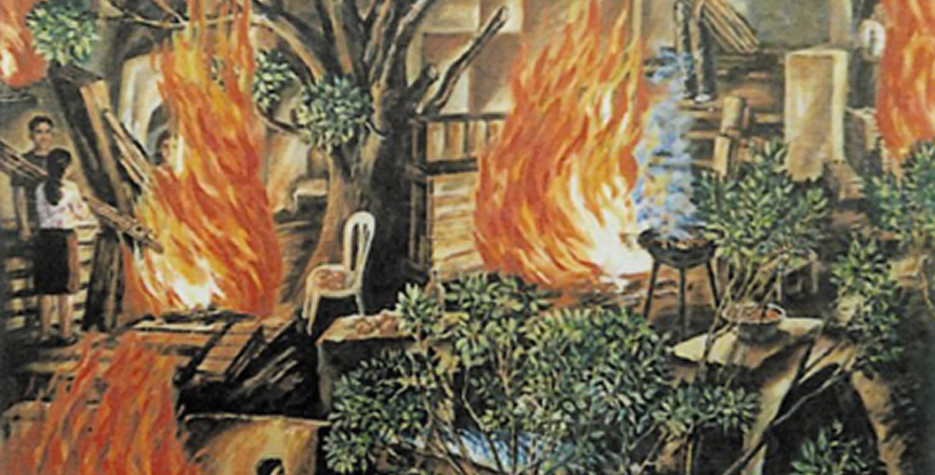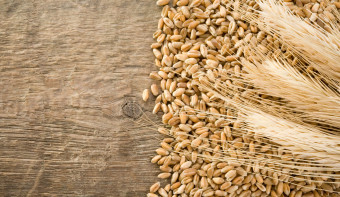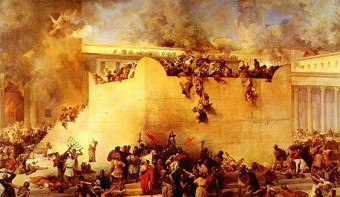About Lag BaOmer
Lag b’Omer, a holiday when observant Jews get a one-day break from an annual prohibition on celebrations. The holiday, which commemorates the end of a plague that killed thousands of an ancient rabbi’s students, is historically a popular wedding date, with large parties taking place throughout Israel and observant Jewish communities around the world.
Omer, means “sheaf,” and was a measure of grain from the new barley harvest cutting, brought to the Temple on the 16th of Nisan.
The barley was processed into flour; some of it was burned, and the rest was eaten by the priests. Fifty days later is Shavuot. Thus the counting of the omer provides a bridge between the Israelites being freed and receiving the laws. The seven-week period is a period of mourning when observant Jews do not shave or get haircuts and when there are no marriages or public festivities.
The word “lag” is a combination of the Hebrew letters lamed, which stands for the number 30; and gimmel, which stands for the number three. The 33rd day of counting the omer commemorates the time when students of the second-century Rabbi Akiva (who supported Bar-Kochba’s rebellion against the Romans) were struck with a plague. On this day, it stopped.
Nowadays, Lag BaOmer commemorates the anniversary of the passing of the great sage Rabbi Shimon bar Yochai, a seminal figure in the development of Kabbalah (Jewish mysticism) and the enlightenment that he brought to the Jewish people in the form of his teachings. Rabbi Bar Yochai had a considerable impact on Judaism and is praised for his contribution to the formation of the mystical Kabbalah stream of the religion.
Similar Observances
Shavout ✡️
Read More
Hanukkah 🕎
Read More
Other Observances on May 16th 2025
National Love a Tree Day
Read More










